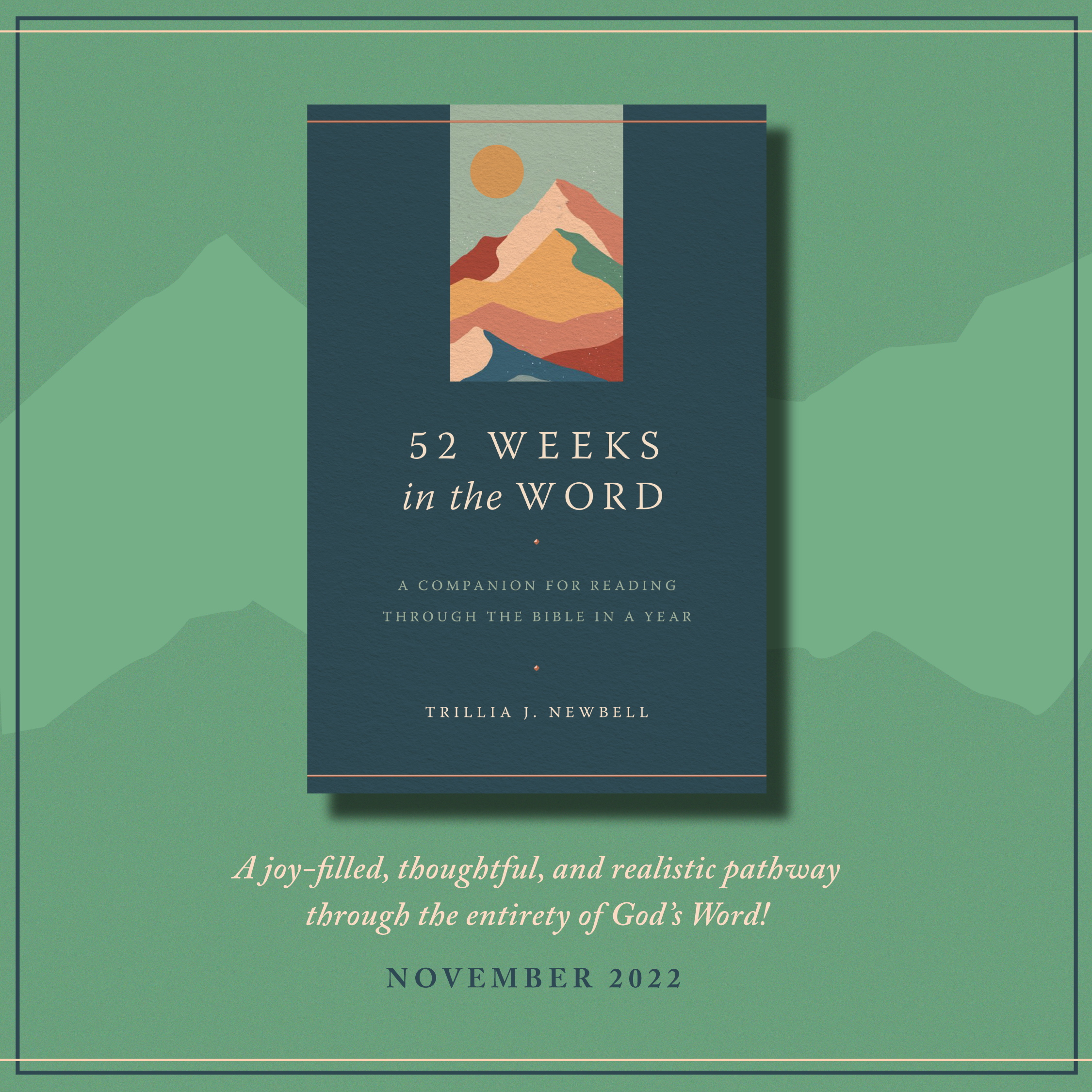All His Doing
Suggestion: read Ephesians 2
I was dead. I was dead and by God’s grace he brought me to himself. I’m not talking about a physical death, obviously. I’m talking about a spiritual death—one we will all find ourselves in at some point.
I became a Christian at 22 after a young girl shared the gospel with me. My salvation required His pursuit. I remember this when I read Ephesians 2. I was dead, but God made me alive through Jesus’ death on a cross. By a free gift, I was made alive by grace through faith (v.1-10). I could have never saved myself and I didn’t think my heart needed transformation, but He knew, did the work, and used a sinner saved by that same grace to teach me about Him. I didn’t want to have anything to do with organized religion.
But that was not God’s plan.
BUT God
“But God being rich in mercy because of the great love with which he loved us, even when we were dead in our trespasses made us alive together with Christ—by grace we have been saved” (Ephesians 2:4).
God takes dead people and gives them resurrection life. We aren’t somewhat alive and we don’t kind of help with our salvation. We are fully dead and then made fully alive. Today, if you know the Lord, if you have a relationship with the Savior, it is also because God pursued you and saved you while you were yet a sinner (Romans 5:8).
But the good news doesn’t stop at Ephesians 2:10. Yes, the good news of how we are saved does. But there’s more good news to hear and read about in Ephesians 2:11-22.
In verse 11, Paul reminds the Christians in Ephesus that they were at one time Gentiles, called “the uncircumcision.” They were separated from Christ. They were alienated, strangers to the covenants of promise. This was significant. Jews hated the Gentiles; they were enemies. Jews were the covenant people of God. Being separated from God is enough, but the Gentiles were also separated from God’s people. Writer William Hendriksen summarizes the state of the Gentiles as “Christ-less, stateless, friendless, hopeless, and Godless.”
Our Divide
The wall of hostility for the First Century Church was, both culturally and literally, in the temple building itself. They were far off. We too were far off; we read about it in the beginning of the chapter. And if we are honest, it doesn’t take much to see the divide us modern-day human beings experience. In many ways we are alienated from one another.
Right now you can likely think of several physical “walls of hostility” built in this century that divided and still divide nations (think the Berlin Wall). But then we have those invisible walls; these walls are just as hard to break through. Our walls of hostility might include:
racism
racial bias
partiality
pride
arrogance
envy
hate
It could be easy for us to despair. There have been many days when I have wondered if the American evangelical church is aware of this great divide and if she cares to do the work to mend it. The church has failed greatly in living out the reality of our unity we see in Ephesians 2:11-22.
Paul is reminding them that they who were once far-off have now been brought near by the blood of Christ. If we understand the gospel to be true and that we were indeed once far-off, then we should be eager to draw near towards one another.
One New Man
In verse 14, Paul shares more good news with us. We see that the dividing wall of hostility has been abolished. Christ has created one new man. The Christian man—some have called it one new race of people. Regardless, we are a new people brought together by the blood of Christ. Through him, we all have access to the Father.
To the first century church, this would be preposterous and miraculous. Those who were once so opposed to one another now share in the same inheritance. They are family. Could that be?
They are no longer strangers but fellow citizens. And we aren’t only citizens, we are brothers and sisters in Christ. This is radical.
This is what the Lord essentially does with all of us. He breaks down the wall of hostility!
The gospel is the race-transcending good news for all nations. It creates a new man. We are already all created uniquely by God as image bearers, and then he abolishes the hostility.
Are you living out the reality already bought by Jesus? God has reconciled us to himself and then to one another. This is our reality—the cosmic reality. But we join heaven in praying that what has already been done would be made manifest on the earth. Oh, Lord, bring heaven to earth, we cry!
Today, you and I can walk out this reality through proclaiming the gospel and pursuing one another in love.
RELATED CONTENT










Your family is invited to learn more about the accomplishments and adversities of twelve noteworthy African American believers, including Frederick Douglass, Elizabeth Freeman, Harriet Tubman, and some others you don’t know but should.